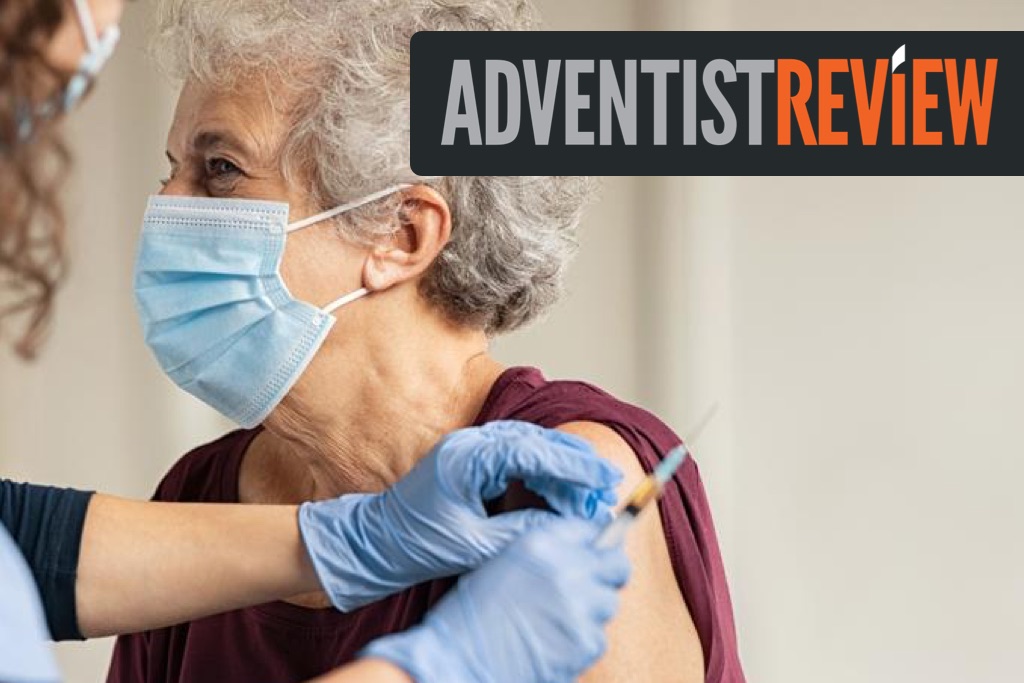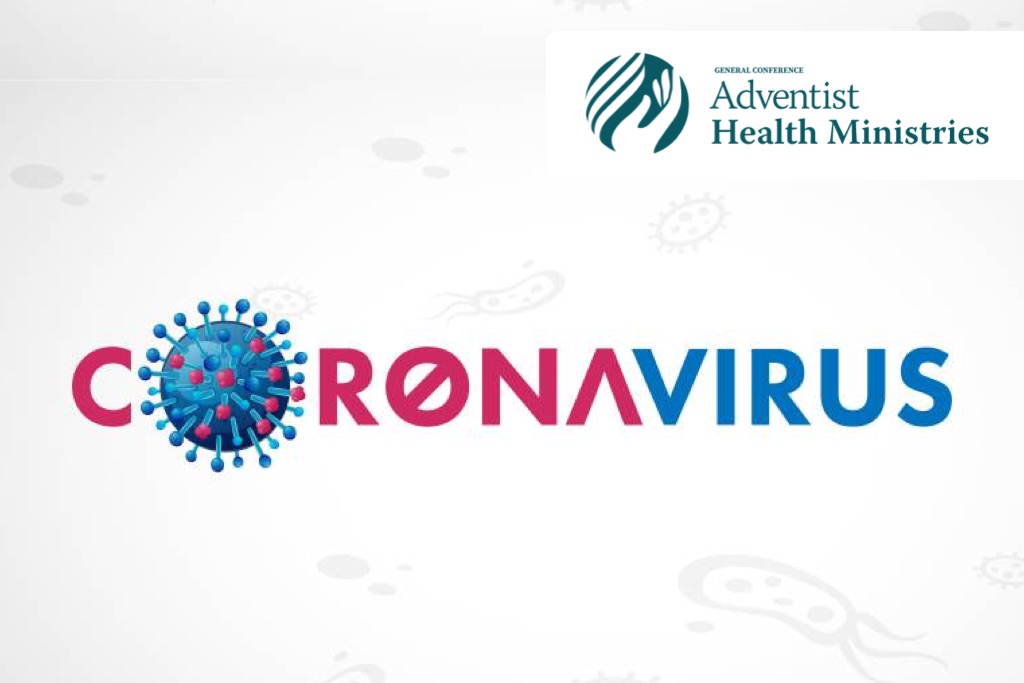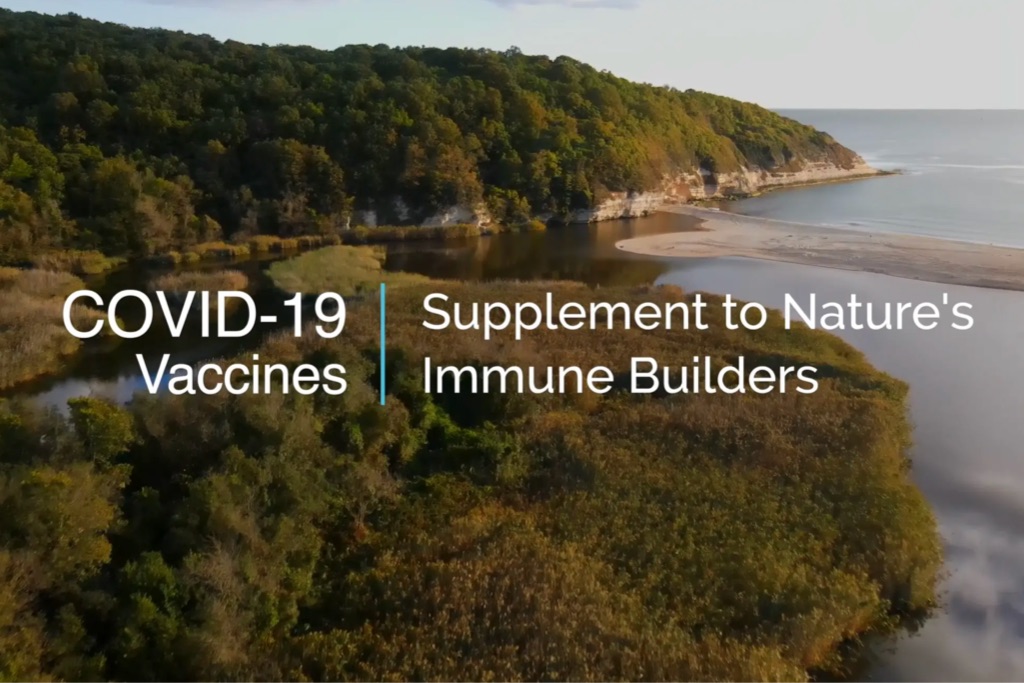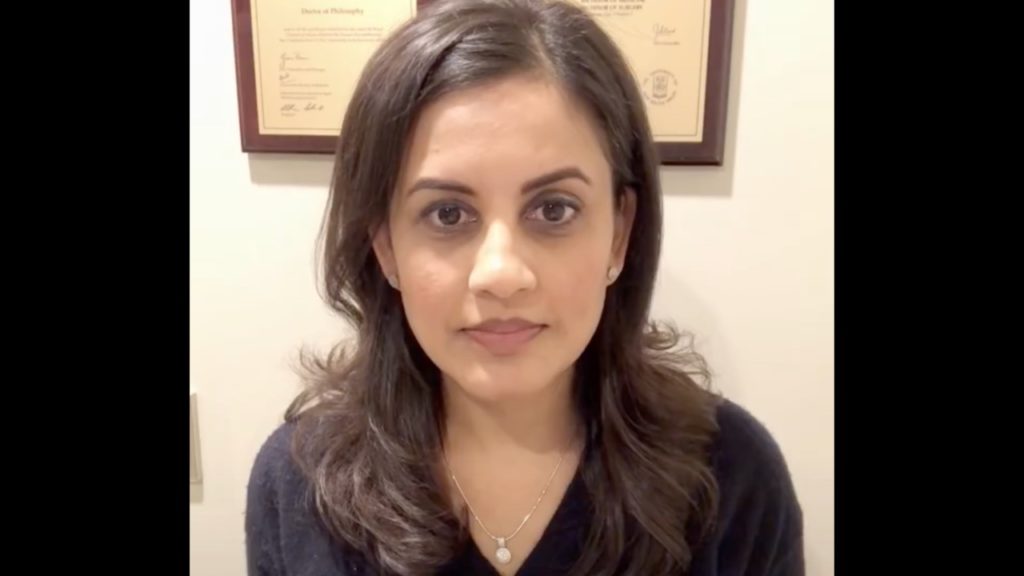COVID-19
The Seventh-day Adventist Church looks to Christ’s example for how to live our lives within His will. Christ’s healing ministry demonstrated God’s desire for his people to experience health in the present (Matt 9:35; Luke 14:12-14; 3 John 2). Not only did He heal everywhere He went, He also instructed his disciples to do likewise, and to freely give the gift they also had received (Matt 10:7,8).
Adventist Health believes that the body is the temple of the Holy Spirit (1 Corinthians 3:16,17), designed to bring glory to God (1 Corinthians 10:31); as such, it is important to look after our bodies. Good health is a gift, and we need to treasure it. We follow a Biblical model of health, promoting whole-person health across the 7 Dimensions of Wellness: emotional, physical, social, vocational, intellectual, environmental and spiritual.
COVID-19 is having a dramatic effect worldwide. As of the 6th September, 2021, over 220 million people have been diagnosed with COVID-19, more than 4.5 million have died and over 30% of people diagnosed with COVID-19 have been left with ongoing health problems, such as long COVID.1,2 This condition may involve long-term damage to organs, including lungs and kidneys, blood vessels and nervous system, that persist for months after infection.3-9 The effects of COVID-19 have not only been physical, but have also significantly affected mental health, economic and political landscapes, and aspects of life right across the 7 Dimensions of Wellness. This is a serious problem.
As voted by the General Conference of the Seventh-day Adventist Church on April 15, 2015:
“The Seventh-day Adventist Church places strong emphasis on health and well-being. The Adventist health emphasis is based on biblical revelation, the inspired writing of E.G. White (co-founder of the Church), and on peer-reviewed scientific literature. As such, we encourage responsible immunization/vaccination, and have no religious or faith-based reason not to encourage our adherents to responsibly participate in protective and preventive immunization programs. We value the health and safety of the population, which includes the maintenance of “herd immunity.
We are not the conscience of the individual church member, and recognize individual choices. These are exercised by the individual. The choice not to be immunized is not and should not be seen as the dogma nor the doctrine of the Seventh-day Adventist Church.“10
However, we also understand that the issue of vaccination is a difficult decision for some. We strongly believe that it is important to protect our bodies as the temple of the Holy Spirit, but recognise that opinions on the best way to do this will vary between individuals. We want to address this issue respectfully with you as the reader, to help you navigate your way through this decision, based on the latest scientific evidence we have today. We trust that you will look at these resources prayerfully and make your own decisions, while showing respect for those who may have a different opinion to your own. We know that vaccination plans have wiped out smallpox worldwide and drastically reduced deaths and disability from various diseases of infancy and childhood, e.g. whooping cough, diptheria and polio.11,12 We also know that there are varying degrees of risk associated with both vaccines and COVID-19, dependent on age, health status and exposure. At the end of the day, it is your choice.
In order to effectively prevent and manage COVID-19, a 3-pronged approach is needed:
1. Follow public health measures
Prevent or reduce the transmission of COVID-19 through proper use of masks, physical distancing, frequent and thorough handwashing, and vaccinations. These measures minimise contact with the virus for your own protection and the protection of others, including your loved ones and more vulnerable members of society.
Know the symptoms for COVID-19.13 For more information, go to: https://www.nsw.gov.au/covid-19/health-and-wellbeing/symptoms-and-testing
If you feel unwell with COVID-19 symptoms, even mild ones, get tested for COVID-19 and stay home.14 For more information, go to: https://www.health.gov.au/news/health-alerts/novel-coronavirus-2019-ncov-health-alert
Although public health measures are important, they may not be a long-term solution alone. Even vaccinations may need boosters in the future. It is important to follow all approaches to best protect your health and the health of those around you.
2. Optimise individual immunity
Use natural and targeted immune enhancers to get your immune system as healthy as possible so that it is better able to fight COVID-19 and other viruses.
3. Access medical care
Seek medical care if your symptoms are worsening or you are sick enough to be hospitalised. This may include medications, intensive care, respiratory support and other therapies.
Your body’s immune system has been designed to defend your body against foreign bodies, like viruses, bacteria, parasites, fungi and abnormal cells. When activated, it is an effective defence against infection. However, sometimes it needs assistance, as in the case of vaccines, to target specific challenges, like COVID-19.
Optimising your individual immunity is particularly important during the current pandemic. While it won’t stop you from getting sick, and should not replace public health measures or medical care, it may reduce your risk or minimise the impact of COVID-19 and other viruses.
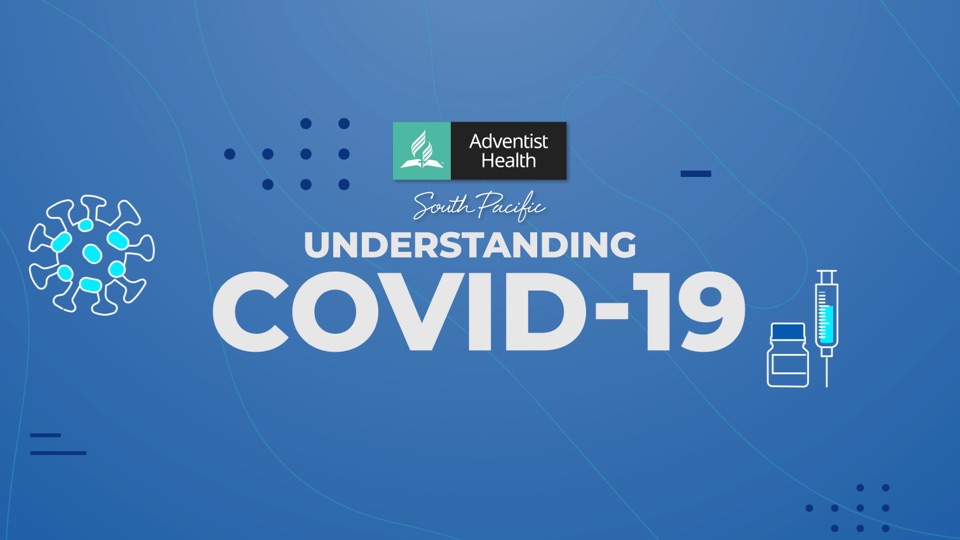
Understanding COVID-19 (New Series)
Disclaimer:
The information provided was current as of 23rd August 2021. The COVID-19 pandemic is a dynamic situation in which medical and public health advice has been changing according to further understanding of the nature of the pandemic. We acknowledge that trials on the vaccines are ongoing and full safety data will emerge with time. It is thus important to keep up to date with current advice given by the Government Health Departments and Public Health Units, which may change rapidly. The information is generic in nature and is not intended as a substitute for consulting with your doctor. If you have existing medical conditions and/or require specific advice, consult with your doctor.
References:
- Ritchie H, Mathieu E, Rodés-Guirao L, et al. Coronavirus pandemic (COVID-19) [Internet]. 2020 [updated 2021 Sep 6]; cited 2021 Sep 6]. Available from https://ourworldindata.org/coronavirus
- O’Dowd A. Covid-19: Third of people infected have long term symptoms. BMJ. 2021;373:n1626.
- Chung T, Mastalerz MH, Morrow AK, Vankatesan A, Brigham EP. COVID ‘long haulers’: long-term effects of COVID-19 [Internet]. Baltimore, MD: Johns Hopkins Medicine. 2021 Apr 1. Available from https://www.hopkinsmedicine.org/health/conditions-and-diseases/coronavirus/covid-long-haulers-long-term-effects-of-covid19
- Huang L, Yao Q, Gu X, et al. 1-year outcomes in hospital survivors with COVID-19: a longitudinal cohort study. The Lancet. 2021 Aug 28;398(10302):747-758.
- Ayoubkhani D, Khunti K, Nafilyan V, Maddox T, Humberstone B, Diamon I, Banerjee A. Epidemiology of post-COVID syndrome in individuals admitted to hospital with covid-19: retrospective cohort study. BMJ. 2021 Mar 31;372:n693.
- Seeßle J, Waterboer T, Hippchen T, Simon J, Kirchner M. Lim A, et al. Persistent symptoms in adult patients one year after COVID-19: a prospective cohort study. Clin Infect Dis. 2021 Jul 5:ciab611.
- Logue JK, Franko NM, McCulloch DJ, et al. Sequelae in adults at 6 months after COVID-19 infection. JAMA Netw Open. 2021;4(2):e210830.
- Blomberg B, Mohn KGI, Brokstad KA, Zhou F, Linchausen DW, Hansen BA, et al. Long COVID in a prospective cohort of home-isolated patients. Nat Med. 2021 Jun.
- Kempler C. What we do and don’t know about long COVID and long-haulers [Internet]. Baltimore, MD: Johns Hopkins Bloomberg School of Public Health. 2021 Jul 20. [cited 2021 Sep 6]. Available from https://publichealth.jhu.edu/2021/what-we-do-and-dont-know-about-long-covid-and-long-haulers
- General Conference of Seventh-day Adventists. Guidelines: Immunization [Internet]. Seventh-day Adventist Church. 2015 Apr 15. Available from: https://www.adventist.org/guidelines/immunization/
- World Health Organization. Smallpox [Internet]. World Health Organization. 2016 Jun 28; [cited 2021 Sep 9]. Available from https://www.who.int/news-room/q-a-detail/smallpox
- Centers for Disease Control and Prevention. Diseases you almost forgot about (thanks to vaccines) [Internet]. Centers for Disease Control and Prevention. Last reviewed 2020 May 8; cited 2021 Sep 9]. Available from https://www.cdc.gov/vaccines/parents/diseases/forgot-14-diseases.html
- NSW Government. Symptoms and testing. Sydney: NSW Government; 2021 Aug 25 [cited 2021 Sep 9]. Available from https://www.nsw.gov.au/covid-19/health-and-wellbeing/symptoms-and-testing
- Australian Government Department of Health. Coronavirus (COVID-19) health alert. Canberra: Australian Government Department of Health; 2021 Sep 9 [cited 2021 Sep 9]. Available from https://www.health.gov.au/news/health-alerts/novel-coronavirus-2019-ncov-health-alert




